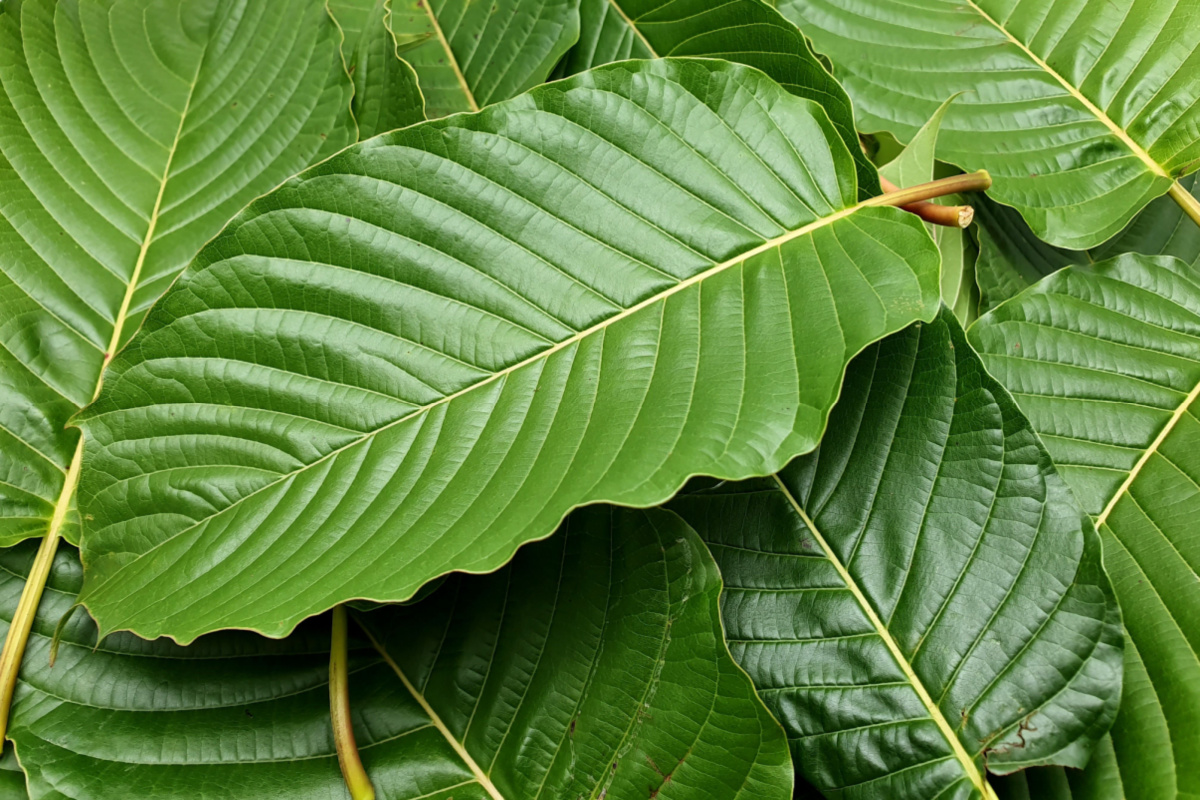In the fascinating world of botanical wonders, Kratom, scientifically known as Mitragyna speciosa, has garnered significant attention for its diverse alkaloid composition. Among these compounds, one that stands out is Rhynchophylline. In this comprehensive blog post, we delve into the intricacies of Rhynchophylline, exploring its origins, properties, potential benefits, and the broader context of its presence in Kratom.
Understanding Rhynchophylline:
Rhynchophylline is a naturally occurring alkaloid found in various plants, including Kratom. It is a unique compound with a distinct chemical structure, contributing to Kratom’s pharmacological profile. Although present in relatively low concentrations compared to other alkaloids like mitragynine and 7-hydroxymitragynine, Rhynchophylline has captured the interest of researchers and enthusiasts alike due to its potential therapeutic effects.
Origin and Occurrence:
The journey to understand Rhynchophylline begins with its discovery in traditional medicinal plants. Apart from Kratom, Rhynchophylline is also found in Uncaria tomentosa, commonly known as Cat’s Claw, a plant native to the Amazon rainforest. In both Kratom and Cat’s Claw, Rhynchophylline plays a role in the plants’ interaction with their environment and the potential benefits they offer to those who consume them.
Properties of Rhynchophylline:
- Chemical Structure: Rhynchophylline’s chemical structure is characterized by a complex arrangement of atoms, which contributes to its unique properties. Researchers have identified specific molecular features that differentiate Rhynchophylline from other alkaloids present in Kratom.
- Pharmacological Effects: While Rhynchophylline’s pharmacological effects are not as extensively studied as those of mitragynine and 7-hydroxymitragynine, preliminary research suggests that it may exhibit neuroprotective, anti-inflammatory, and vasodilatory properties. These potential effects make Rhynchophylline an intriguing component of Kratom’s overall composition.
Exploring Rhynchophylline in Kratom:
- Concentration in Kratom: Rhynchophylline is found in varying concentrations in different Kratom strains. Its levels are typically lower than those of mitragynine and 7-hydroxymitragynine, the primary alkaloids responsible for Kratom’s effects. Understanding the variation in Rhynchophylline content across strains can offer insights into the diverse experiences reported by Kratom users.
- Synergistic Effects: The presence of multiple alkaloids in Kratom, including Rhynchophylline, suggests the possibility of synergistic interactions. Research into the entourage effect, where the combined action of multiple compounds produces unique effects, may provide a more nuanced understanding of Kratom’s overall impact on the body.
Potential Benefits of Rhynchophylline:
- Neuroprotective Properties: Preliminary studies suggest that Rhynchophylline may have neuroprotective effects, which could be beneficial for cognitive health. Understanding its role in mitigating neurological damage may open avenues for further research in neurodegenerative conditions.
- Anti-Inflammatory Effects: Inflammation is a key factor in various health conditions. Rhynchophylline’s potential anti-inflammatory properties may contribute to Kratom’s overall impact on inflammatory processes within the body.
- Vasodilatory Effects: Rhynchophylline has been studied for its vasodilatory effects, which could influence blood flow regulation. Research in this area may have implications for cardiovascular health and conditions related to blood vessel function.
Navigating the Controversy:
Despite the potential benefits associated with Rhynchophylline, it’s essential to acknowledge the controversy surrounding Kratom. The plant has faced regulatory scrutiny and concerns due to reported adverse effects and the risk of dependence. As research on Kratom continues, it is crucial to approach its consumption with caution, understanding the potential risks and benefits.
Rhynchophylline, as an alkaloid in Kratom, adds another layer to the complexity of this botanical. As discussions surrounding Kratom’s use and regulation persist, a balanced and informed approach is crucial for individuals interested in exploring its potential therapeutic effects.
Frequently Asked Questions (FAQs)
- What is Rhynchophylline, and where is it found?
Rhynchophylline is a naturally occurring alkaloid found in various plants, including Kratom (Mitragyna speciosa) and Uncaria tomentosa, commonly known as Cat’s Claw. It is characterized by a unique chemical structure and is present in relatively low concentrations compared to other alkaloids in these plants.
- What are the potential benefits of Rhynchophylline?
While research is ongoing, preliminary studies suggest that Rhynchophylline may have neuroprotective, anti-inflammatory, and vasodilatory properties. These potential benefits make Rhynchophylline an intriguing component of Kratom and Cat’s Claw, warranting further investigation into its therapeutic effects.
- How does Rhynchophylline interact with other alkaloids in Kratom?
Rhynchophylline is just one of many alkaloids found in Kratom. Its interactions with other compounds, such as mitragynine and 7-hydroxymitragynine, are not yet fully understood. The possibility of synergistic effects, where the combined action of multiple alkaloids produces unique outcomes, is an area of interest for researchers exploring Kratom’s complex composition.
- Can Rhynchophylline be isolated for medicinal purposes?
Research into isolating specific alkaloids for medicinal purposes is ongoing. While Rhynchophylline’s potential benefits are being explored, the feasibility and safety of isolating it for medicinal use have not been conclusively determined. Researchers are investigating whether Rhynchophylline alone or in combination with other compounds could be developed into therapeutic agents in the future.





